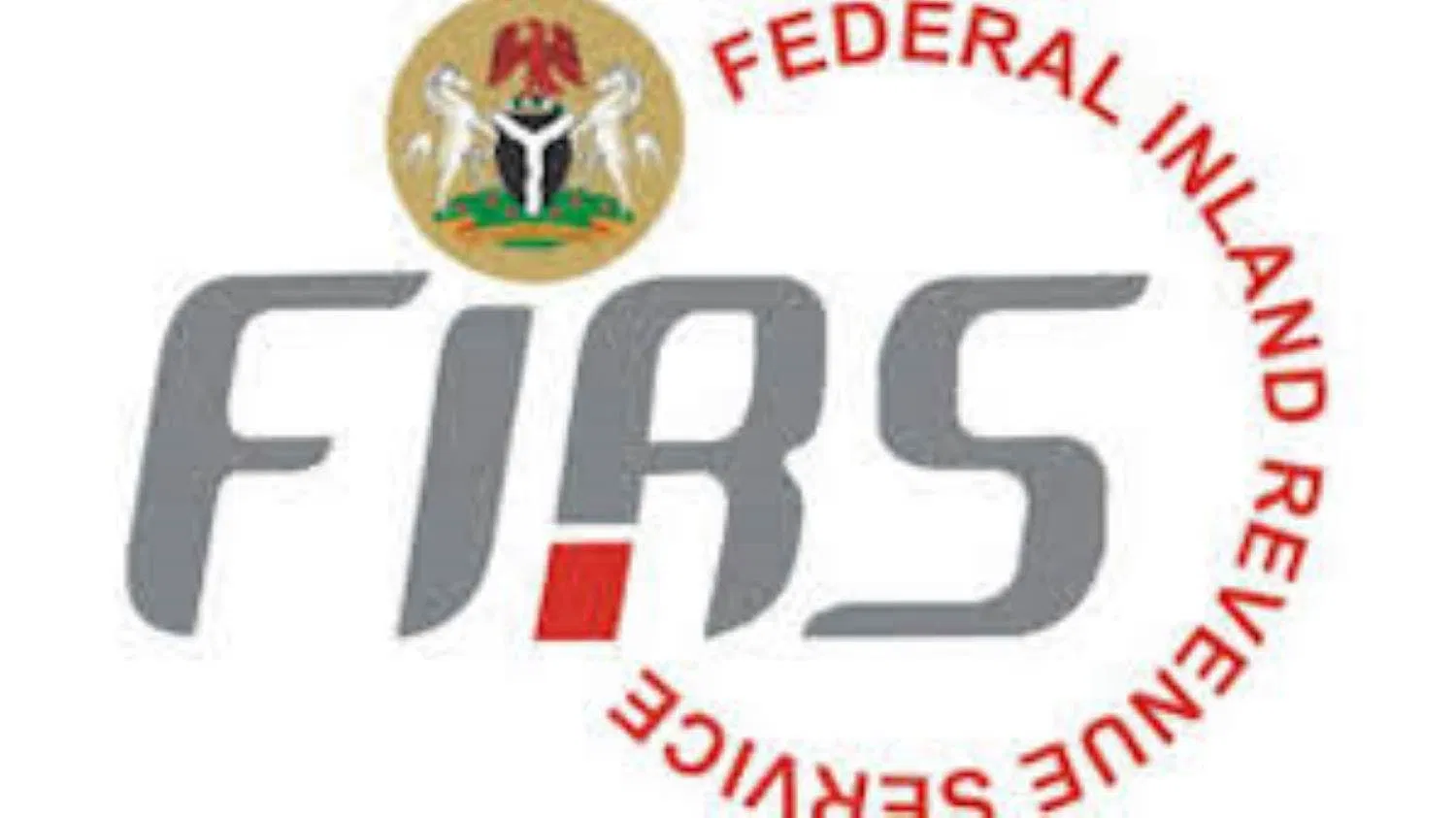Other Pages
- Opinion Poll
- About Us
- Send Your Story
- Contact Us
- Newsletter
- Privacy Policy
- Terms and Conditions

Nigerians will now have to pay for stamp duty when renting an apartment or purchasing a Certificate of Occupancy (C of O). The introduction of stamp duty to house rent, C of O and other transactions comes at a period the Federal Government is seeking ways to increase its revenue generation sources even though it increases the financial burden of Nigerians amidst an economic downturn.
The Federal Inland Revenue Service (FIRS) revealed the implementation, informing people to ensure that any transaction covering the likes of house rent, C of O, Power of Attorney (PoA), Certificate of Occupancy (C of O), Proxy form; Appointment of Receiver, Memorandum of Understanding (MoU), Joint Venture Agreements (JVA), Deed of Assignment, Sales Agreement, Legal Mortgage or Debentures, Insurance Policies and Contract Agreements, comes with stamp duty.
This is termed FIRS Adhesive Stamp Duty, “The following are the chargeable transactions in the Fixed Duty Instruments category, Power of Attorney (PoA), Certificate of Occupancy (C of O), Proxy form; Appointment of Receiver, Memorandum of Understanding (MoU), Joint Venture Agreements (JVA), Guarantor’s form, and Ordinary Agreements Receipts." Executive Chairman of FIRS, Muhammad Nami said in a statement reported by NAN.
Nami added that, “While ad-Valorem Instruments chargeable under the Stamp Duties Act are Deed of Assignment, Sales Agreement, Legal Mortgage or Debentures, Tenancy or Lease Agreement, Insurance Policies, Contract Agreements, Vending Agreement, Promissory Notes, Charter-Party and Contract Notes.
“Stamp duty is basically charged in two forms, either ad valorem where duty payable is a percentage of the consideration on an instrument or a fixed sum irrespective of the consideration on dutiable instrument or document,’’ Nami said in the statement disclosed by FIRS Director for Communication and Liaison Department, Mr Abdullahi Ahmad.
AllNews had reported that after 20 years of Nigeria not prioritising collection of stamp duty charges, the administration of President Muhammadu Buhari had been aggressively pushing for it as it looks for a solution to its revenue problem amidst an economic downturn. The Secretary to the Government of the Federation (SGF), Boss Mustapha, said the collection of stamp duty had been ignored for about 20 years, so its time for various government agencies to remit the earnings from it.
"There is an assurance that the collection from stamp duty will be second to oil revenue, as it has the potential to yield up to a trillion naira revenue annually if properly harnessed. The inter-ministerial audit and recover committee, in essence, is therefore expected to judiciously undertake an audit and recover, on behalf of the government, all stamp duties charged from January 2016 to date but yet to be remitted by the relevant ministries, departments and agencies (MDAs), money deposit banks (MDBs) and Nigerian Inter-Bank Settlement System PLC (NIBSS), amongst others.”
The inclusion of stamp duty on house rent, C of O and other dealings follows the increase in fuel price. The government through the Petroleum Product Pricing Regulatory Agency (PPPRA), introduced a new price for fuel, increasing it from N121.50 kobo to between N140.80 and N143.80 kobo per litre.
The government had also proposed an increase in passenger service charge for when flight resume. The Federal Airports Authority of Nigeria (FAAN) request that the new passenger service charge should be increased from the current N1,000 to N2,000 for domestic flights, while the service charge for international flights was increased to $100 from $50.
Also, the government had informed the International Monetary Fund (IMF) that it will increase the electricity tariff in order to get loan from the international financial institution - all these increases is coming at a period the purchasing power of Nigerians is dropping drastically due to job loss and salary cut that was caused by COVID-19 and lockdown measures impact on businesses.
Although, the IMF had already warned that Nigeria should resist implementing unfriendly policies that will increase the burden on small businesses and households within the country. IMF had stated that the right policies the government needs to initiate now is affordable and supportive policies - but these increases and stamp duty introduction shows the government doesn't intend to go the IMF route. The government is aggressively expanding its sources of revenue.
0 Comment(s)